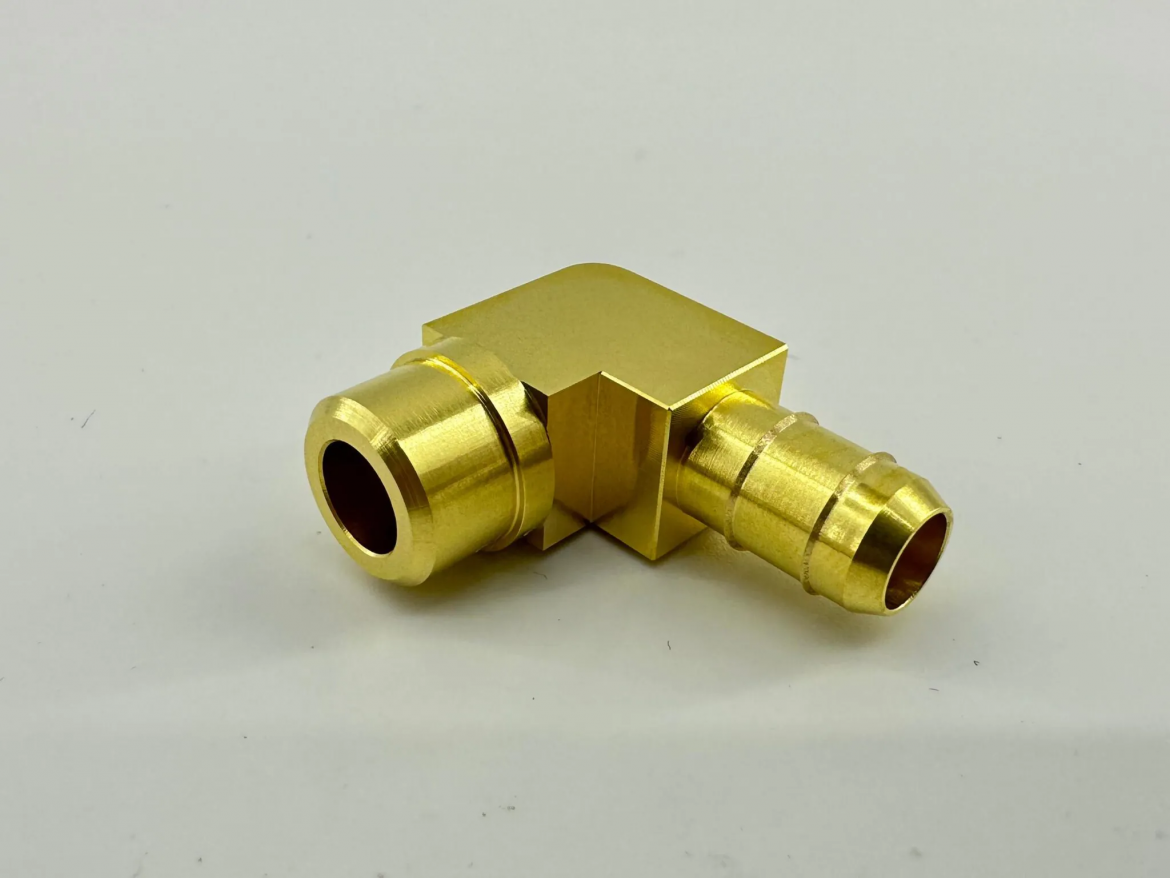In industries such as agriculture, automotive cooling, and industrial pneumatics, barbed fittings serve as the backbone of fluid transfer systems, ensuring hoses remain securely connected under pressure, vibration, or temperature extremes. Dingmetal specializes in manufacturing barbed fitting solutions that balance aggressive grip with ease of installation, using advanced materials and precision engineering to minimize leaks and downtime. From irrigation networks to hydraulic power units, the company’s designs prioritize compatibility with a wide range of hose materials while meeting international standards.
Material Science for Corrosive Environments
Dingmetal selects alloys based on application-specific challenges. For marine and wastewater systems, 316 stainless steel barbed fittings resist chloride-induced pitting, with a passivated finish enhancing corrosion resistance. In the realm of automotive engineering, brass fittings play a crucial role in various fluid transfer systems. To enhance their durability and performance, these fittings are frequently subjected to electroless nickel plating, a chemical process that deposits a uniform layer of nickel onto the brass surface without the need for an external electrical current. This specialized coating endows the brass fittings with exceptional resistance to corrosion, particularly when exposed to ethylene glycol-based coolants commonly used in automotive cooling systems.
Engineering Confidence in Fluid Management
By combining material durability, optimized barb geometry, and thread precision, Dingmetal’s barbed fitting provides a cost-effective alternative to reusable quick-connect couplings in non-critical systems. Clients benefit from reduced assembly time, fewer leak-related failures, and the flexibility to source hoses locally without compromising security—key advantages in industries where operational continuity is non-negotiable.
